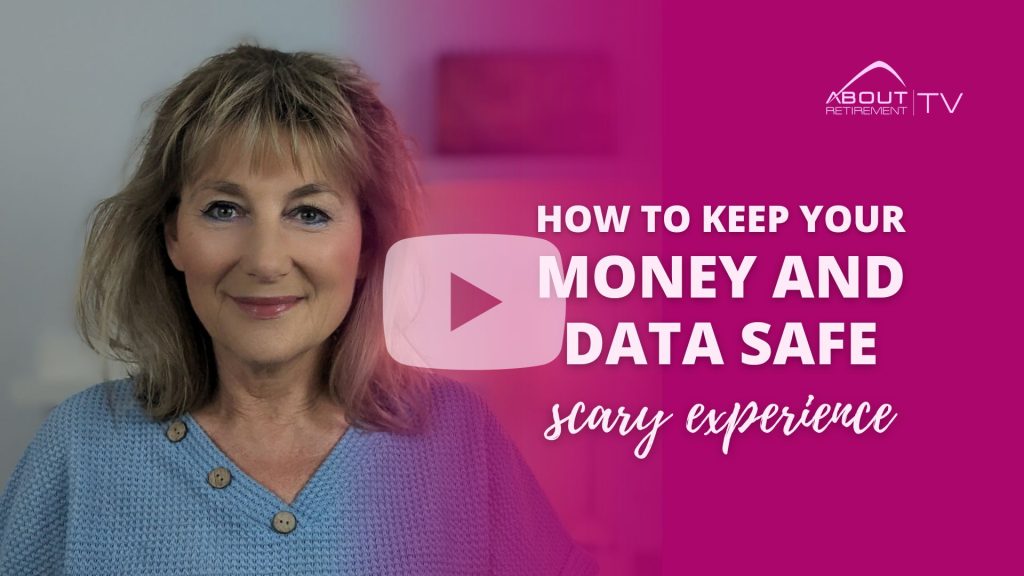
How to keep your money and data safe – scary experience
Today’s article has been prompted by our own scary experience within the business.
Last Monday our business was targeted by hackers. Believe me, this is a terrifying experience, when a business hold so much data about many clients that we have to protect.
Fortunately, nothing terrible happened, but that is due to our precautions of securing data as per required protocol, but regardless, when this happens you feel violated and exposed to the risk, even if as a business you know you took all the steps to stay safe and secure.
This terrifying experience prompted me to create this article, as often we fall to the comfort zone of feeling secure and in control, while it might take one incorrect click and all that security is gone in a second.
So today, let’s talk about the types of scams you could be exposed to and what to do to stay safe online.
As I just mentioned, our business has just experienced for the first time the horrifying attack of the scammers, but a good level of protection of data base, emails, your Microsoft or Apple account, access to banking, all of it has to be correctly protected, otherwise you are open to the devastating effect of scams and hacks.
There are three main forms of scams you should be aware of:
1. Scams pretending to be someone else that you might be familiar with or use as a service.
This is exactly what happened to our business, when scammers were sending emails to various parties pretending to be me. Each email included a link, that if you click on, will be asking you to disclose your personal details. You see the problem is that if you were to receive such an email from your financial planner, your bank, your broker, your accountant, I bet you might actually click without thinking. This is due to the familiarity and trust you have in that business or in that person. And this is what hackers are just waiting for.
So, even if you receive such an email, from what you think is a legitimate source, but if that email is asking you to:
- Provide your password,
- Transfer money,
- Provide any of your personal data,
Just call your service provider and ask if this is the email from them and why you are receiving such request in an email. Stay alert and stay safe.
2. Investment scams
Those are some terrible scams, and they get more and more sophisticated as we progress with online activities. Australians have already lost over $240mil to investment scams.
The common scams are:
- Unsolicited offers of cryptocurrency and fake investment offers
- Fake endorsement of other business opportunities from celebrities
- Early access to super with a fee – if you ever see that, just call your financial planner, call your super fund, or even ask in the forum such as my channel. If I see the question, I will answer, but you might also see other people assisting you with the question. That is the power of a group.
3. Buying/selling scams
Today almost everyone is doing some kind of an online purchase, and in most cases, you should be OK, but sometimes you can step into the hands of a scammer, who just wants to grab your money and you get nothing in return. So what you should watch out for:
- You received an invite to connect or buy from someone that has no profile photo – stay away from this person, if possible check their profile, and if there is no information provided, no photo, just delete this person and the invite.
- The price is too good to be true – this should be an obvious one, but people constantly fall for it.
- A request from a stranger of your phone number or email address
So here it is, my sincere warning to you. Stay alert, do not click on any links in emails you receive, unless you are 150% sure this is legitimate. Never reveal any of your passwords, or your personal data, or you credit card or bank account details.
By: Katherine Isbrandt CFP®
Money Strategist & Retirement Planner
Principal of About Retirement






